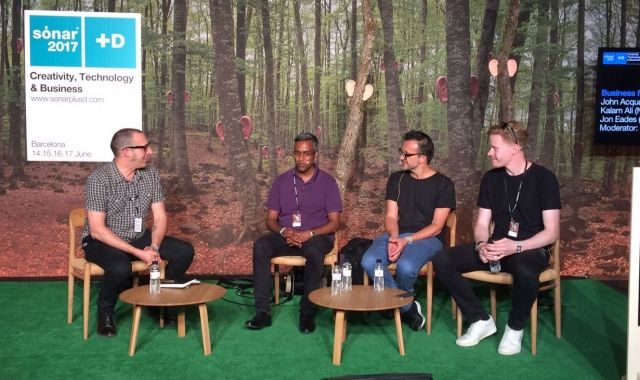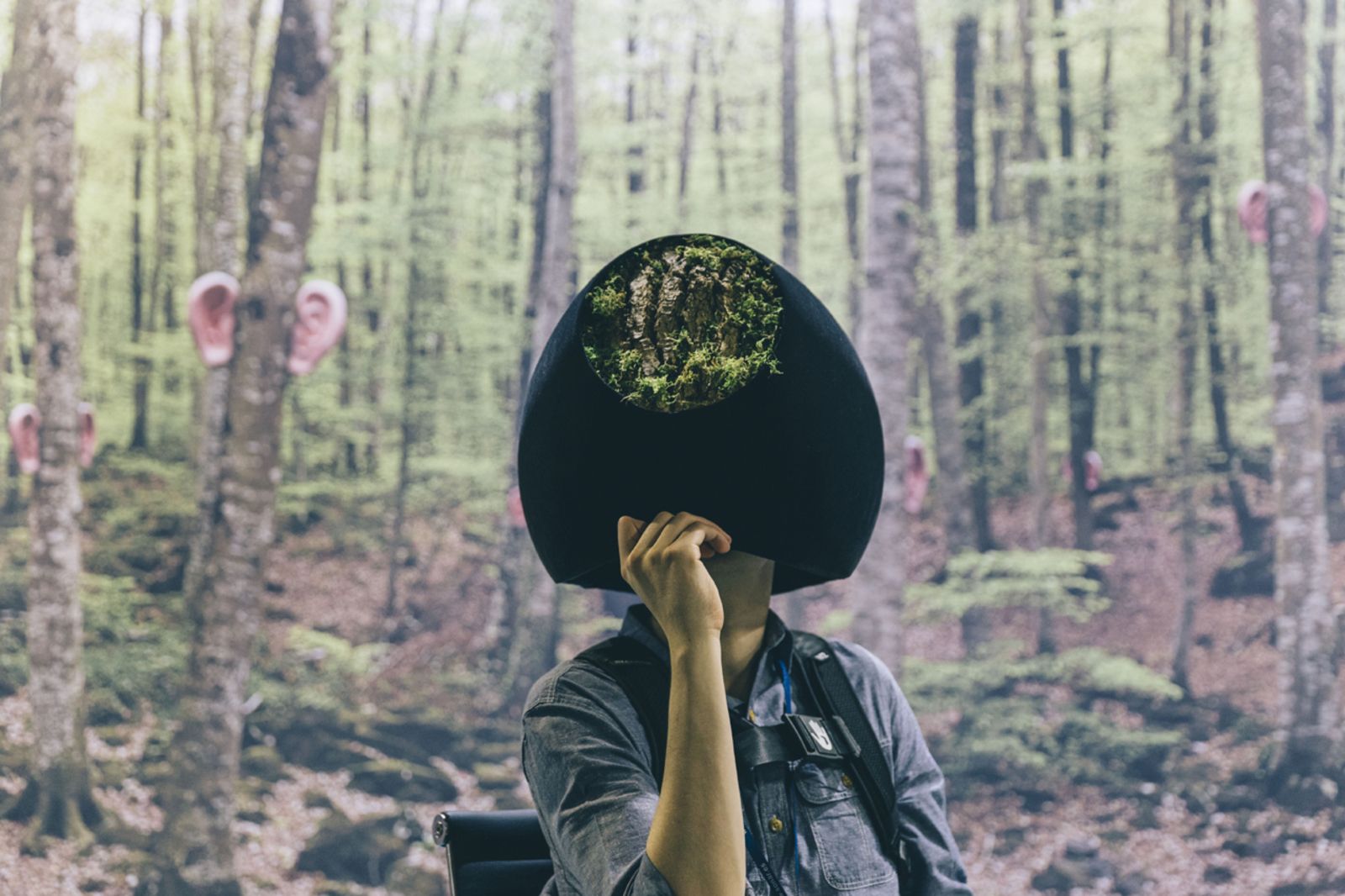New musical instruments, innovative programming tools, cloud mastering services, distribution platforms focused on creators, wearables, headphones and virtual reality apps that expand hearing and the experience of listening to music... Music technology is going through a unique moment, and the proof is the huge number of startups whose innovative projects are changing the way of making, distributing and listening to music. This a sexy sector for starting a business, because "creation is an addiction", but as in any other sector, when it comes to doing business one’s feet must stay on the ground.
A sexy industry for business
However, 20 years ago, "technological instruments were a nerdy thing," says Oriol Rossell, musician, businessman and professor of the history of electronic music. Putting a chip in a computer that could make music was like silversmithing. How to connect this nerd culture with the startup world, in which everything has to be quick?
Someone who knows about starting a company in the creative industries sector and in particular creative technology is Jon Eades, head of the Abbey Road Red startup incubator. This programme set up in the famous studio in which the Beatles recorded their successful album of the same name chooses two or three companies in each edition and gives them a hand in making their projects viable. Eades believes that "this is the challenge, but it is also the motivation. It is your job as an entrepreneur to find the way of marrying creation with business."
For the artist and entrepreneur John Aquaviva, the music industry has made all the possible mistakes and "has learnt to shoot itself in the foot." For Aquaviva, music creation has not learnt to live in a capitalist world. After years of internal arguments about whether "creation should be free or not, whether you should go to prison or not for sharing, we have arrived at a moment in which it is easier than ever to create." That is why he thinks it is a "marvellous" time to start a business. Even though it is always difficult to enthuse entrepreneurs: "As in any other sector, if we have an idea, we do it, we can take it forward," he says.
Aquaviva agrees with Kalam Ali, from Native Instruments, a technology company that develops programming and machinery for music production and DJs: "Bringing the barriers down between creation and business is the best challenge for starting a business.” For the partner of the German company, "a lot of barriers to creation have fallen and that means that there are a lot of business opportunities: in Berlin there is a guy who prints instruments with 3D technology, which is proof that anything is possible," says Ali.

Rosell, Ali, Aquaviva and Eades during the chat at Sónar+D
Precaution, the entrepreneur’s friend
However, the experts warn about the potential mistakes that entrepreneurs in this (and other) sectors have to keep in mind. According to Eades, one of the first pieces of advice he gives entrepreneurs is "that they have to be realistic about their finances –and this is a problem in many businesses- because a lot of people do not pay attention to this aspect. Taking into account finances is something we do not want to do as entrepreneurs, but creating a model of financial projections is basic," he warns.
Aquaviva continues in this vein: "You have to avoid fumbling an opportunity: apart from going out partying, being a DJ, spinning discs and going to bed late, please answer your emails within 24 hours. Do not let opportunities pass you by: read the contract!" says the entrepreneur. Aquaviva laughs while he gives this advice, but what he says is serious: "We have to break the cliché that creative people do not read the clauses of contracts. It is a pain but it can save you from being ruined," he warns. The artist concludes: "You have to learn to make mistakes better."
For his part, Ali recommends "listening to the people who want to invest in your startup. These people have spoken to thousands of people before you and no doubt know what they are talking about. They are advising you. It does not mean that your project is bad, but people’s opinions are always interesting." Eades adds "all entrepreneurs are looking to create a unicorn, you have to think big, but the project has to be viable and listening (not only to music) is a big thing."
If "things happen quicker today than 20 years ago because there are a lot of players in this industry that can advise you, the most important thing and the most difficult thing is to find a model that works." Eades is optimistic: "The latest advances in music technology will provide the keys to marrying creativity, technological development and economic viability."
Where is the melody going?
What is the future of the music industry? The experts point to different technologies, such as wearables or machine learning that "will influence the music industry in a very interesting way." Yet, there are also major challenges, such as, for example, monetisation: "The ecosystem has to find a way of giving support to its creators, there are a lot of ways of making money creating music with technology: video games, cinema, streaming, etc, but I think that we are at a turning point and the obvious things are blocking the potential of what could be done. We shall see," says Eades.
Ali agrees that we are at a turning point: "A new world is now possible that can grow exponentially if you put your money in the right place. The problem is that once we realise where we should have put the money we are already looking for the next big thing," he jokes.
The executive of Native Instruments draws a comparison between musical creation and the popular online game, Minecraft: "Creation is a drug, it is an addiction. There are now a lot of people on Minecraft because it is easy to do so and it is addictive. Well, making music is the same. We have to break down the barriers to creation and we are now at the beginning of something big, when everyone can create, things change." Eades agrees, believing that "we have seen the number of people making music grow and it will continue to grow. We have to make it easy for people to make music, and good music. And that will change the dynamics, it will change the way we consume music and also the way we create it, and no doubt the future will be a good one.
Aquaviva believes the same: "We are at a good time; the music industry has survived itself. We now have to connect the dots, which are spread out, and when they click, it will be marvellous."
